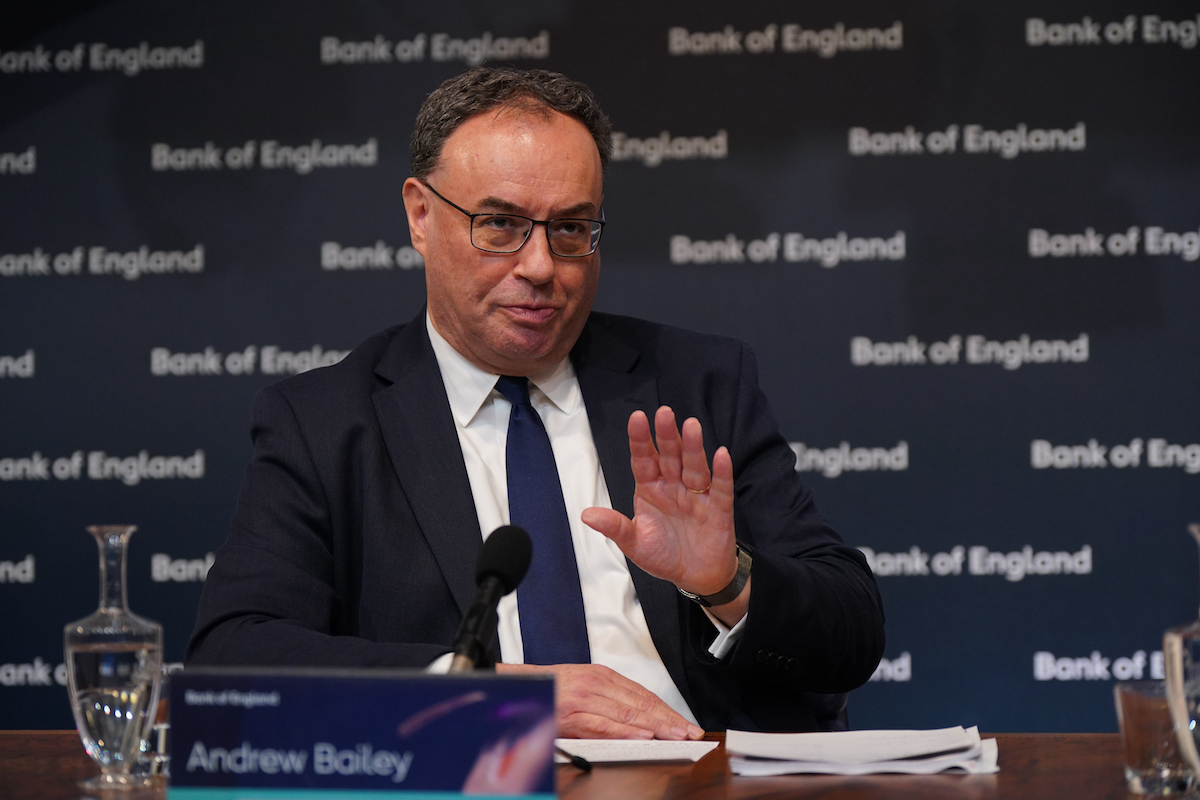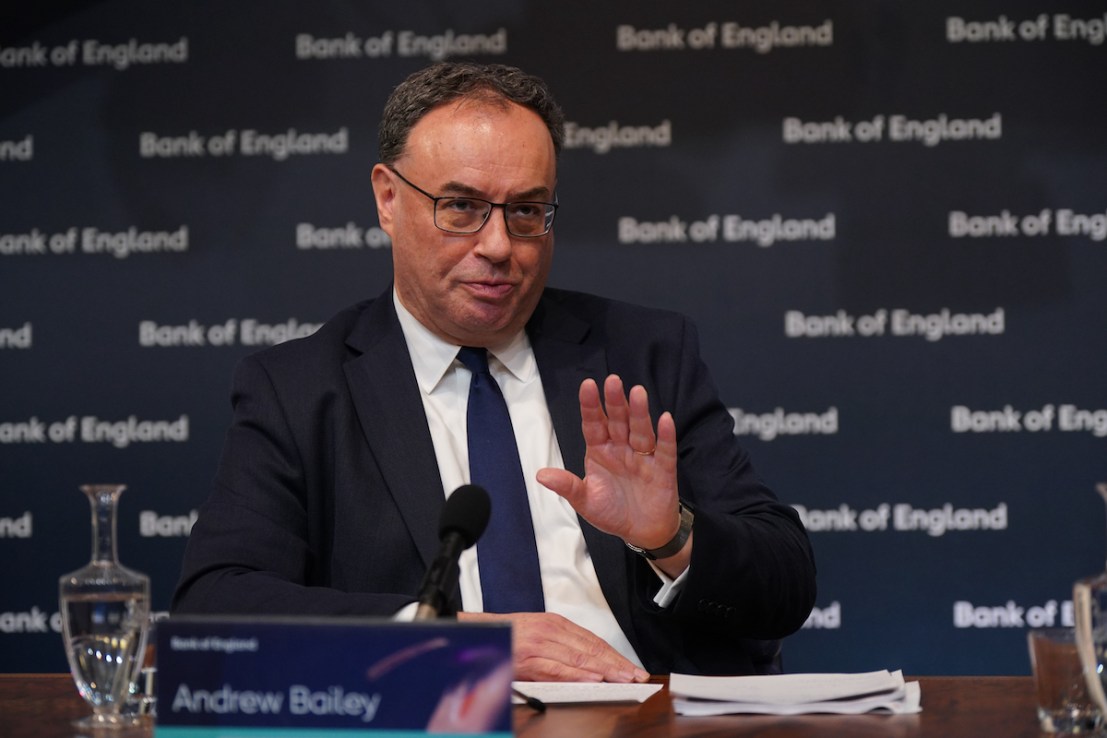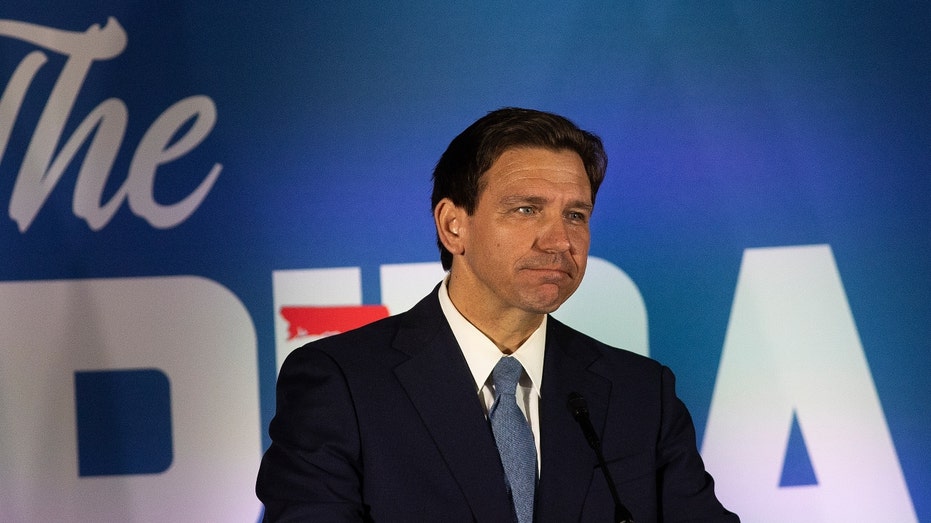Andrew Bailey concerned by UK’s lower ‘potential growth rates’ due to supply constraints
Andrew Bailey, governor of the Bank of England, said the UK's worst performance on the supply side in recent years "concerns me a lot" as he warned that rates would not be cut any time soon.


Andrew Bailey, governor of the Bank of England, said the UK’s worst performance on the supply side in recent years “concerns me a lot” as he warned that rates would not be cut any time soon.
In an interview with the Newcastle Chronicle, Bailey said “it does concern me that the supply side of the economy has slowed.”
“If you look at what I call the potential growth rates of the economy, there’s no doubt it’s lower than it has been in much of my working life,” he said.
The potential growth rate is the rate at which an economy can grow without creating inflation. To improve an economy’s potential growth rate, the supply side — which captures an economy’s total potential output – there needs to be growth on the supply side.
In the Bank’s most recent Monetary Policy Report, it highlighted “subdued potential supply growth” as a key factor in keeping inflation high and growth at relatively low levels.
In last week’s Autumn Statement, Chancellor Jeremy Hunt announced 110 measures to improve performance on the supply side. These included changes to the planning regime, tighter restrictions on benefits payments and making the ‘full expensing’ of capital investment permanent.
However, the impact of supply-side policies is only felt in the medium term, meaning inflation is likely to remain elevated.
“We do have to get it (inflation) down to two per cent and that’s why I have pushed back of late against assumptions that we’re talking about cutting interest rates or we will be cutting interest in anything like the foreseeable future because it’s too soon to have that discussion,” he said.
Although inflation fell sharply to 4.6 per cent last month, Bailey noted that the Bank is now mainly dealing with domestically generated inflation rather than external factors like soaring energy prices.
This means that the rest of the path of inflation down to two per cent needs to be done by monetary policy.
“Policy is operating in what I call a restrictive way at the moment — it is restricting the economy,” Bailey said. Bringing inflation down to target will be “hard work”, he warned.



